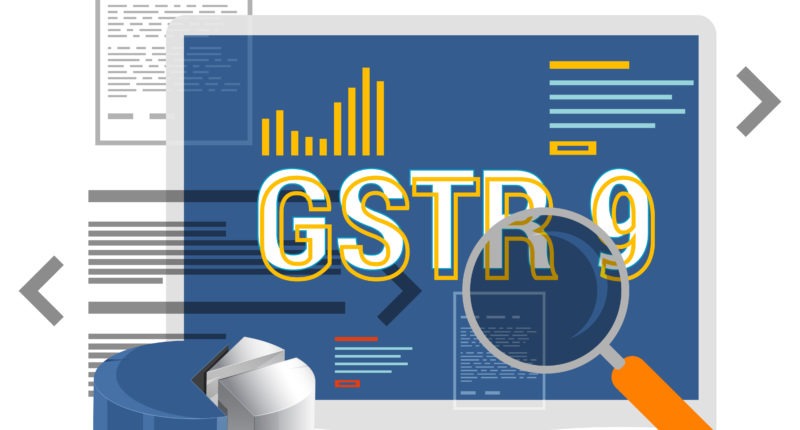Out goes the GST audit, and in comes the self-certification in Form GSTR-9C. Yes! Not long before the Union Budget 2021 removed GST audit and certification by CA/CMA, the GST Network (GSTN) is gearing up its systems for significant change.
The changes have been notified by the CBIC on 30th July 2021 vide Central Tax notification numbers 29/2021, 30/2021 and 31/2021. The CFOs and Finance Heads of the enterprises must verify and certify the Reconciliation Statement in Form GSTR-9C from the financial year 2020-21 onwards. The due date to submit this form is 31st December 2021 for FY 2020-21.
Due to this legal development, the GSTN will be releasing the updated APIs on 1st August 2021 for a self-certified GSTR-9C. The new version replaces the previous one, where the GSTR-9C required the certification of CA/CMA after the GST audit.
The authority has removed specific significant attributes from the previous version. A new API version for GSTR-9C in V1.2 shall also be added. The details may be checked in the “Data Attribute Excel” of every API. The attributes removed are “Auditor (Y/N)”, “Part B(i) (partb1)”, “Part B(ii) (partb2)”, “Certificate”, and “Audited sign”. Further, APIs such as “Generate Certificate” and “HashGenerator” will not apply for FY 2020-21. Moreover, a few of the APIs have undergone some changes, such as “GSTR9C – Get 9 Records for 9C”.
“GSTR9C – Generate Certificate”, “GSTR9CHashGenerator”, “GSTR9C – Save GSTR9C data”, “GSTR9C – File GSTR9C”, and “GSTR9C – Get Summary”.
The Finance Act, 2021 was passed with the omission of Section 35(5) and an amendment to Section 44 of the CGST Act.
The erstwhile Section 35(5) of the CGST Act stated that every registered person whose PAN-based total turnover is more than Rs.2 crore in a particular financial year must get books of accounts audited by either the cost accountant or the chartered accountant. After that, the copy of audited financial statements and certified GSTR-9C had to be submitted on the GST portal.
On the other hand, the erstwhile Section 44 of the CGST Act mentioned that every registered person, liable to get the accounts audited as per provisions of section 35(5), has to file an annual return in Form GSTR-9 along with the copy of the audited financial statements and reconciliation statement certified by CA/CMA.
The annual returns in Form GSTR-9 for FY 2020-21 has been exempted for taxpayers with a total turnover up to Rs.2 crore. The all-new self-certified reconciliation statement for FY 2020-21 is required to be filed by taxpayers with an annual aggregate turnover above Rs.5 crore. It was reiterated at the 43rd GST Council meeting and has later been notified on 30th July 2021.
The amended provision now states that every registered person may submit GSTR-9 along with the self-certified GSTR-9C and financial statements. Further, the commissioner will be empowered to exempt a class of registered persons from filing an annual return.
Thus, the enterprises with more than Rs.5 crore as annual aggregate turnover should prepare for significant changes. The CFOs or Finance Heads of the companies will be made accountable for any serious misreporting in Form GSTR-9C that they certify.
It is advisable to set up detailed checks in place for the GST data, turnover and input tax credit claimed for the FY 2020-21. The first step towards this is to complete the annual reconciliation of books with GST returns and correct the gaps before filing the GSTR-3B return of September 2021, due by 20th October 2021. Any omissions can be reported on time and conveyed to vendors for reporting in their corresponding GSTR-1 of September 2021.
For any clarifications/feedback on the topic, please contact the writer at annapoorna.m@cleartax.in
Annapoorna, popularly known as Anna, is an aspiring Chartered Accountant with a flair for GST. She spends most of her day Singing hymns to the tune of jee-es-tee! Well, not most of her day, just now and then.





